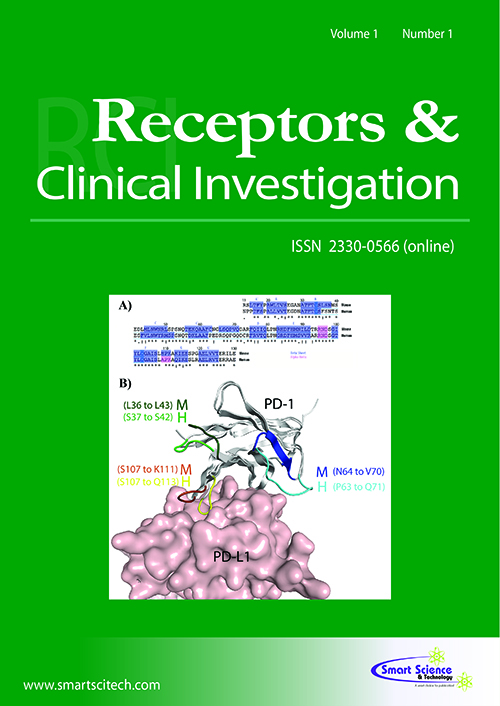Protein S-sulfhydration as a major sources of H2S bioactivity
Abstract
The physiological and biomedical importance of hydrogen sulfide (H2S) has been extensively studied in our body. H2S can be endogenously produced in a variety of cells and tissues by cystathionine ?-lyase, cystathionine ?-synthase, and/or 3-mercaptopyruvate sulfurtransferase, and is involved in the regulation of vascular function, cell growth, insulin secretion, neurotransmission, myocardial contractility, inflammation, and nociception, etc. H2S post-translationally modifies proteins by yielding a hydropersulfide moiety (–SSH) in specific cysteine residue(s), termed as S-sulfhydration. It is becoming increasingly recognized that S-sulfhydration is a major sources of H2S bioactivity. In this research highlight, we discuss our latest published findings which demonstrate the S-sulfhydration regulation of proteins by H2S and their importance in aging and cancer protection.











